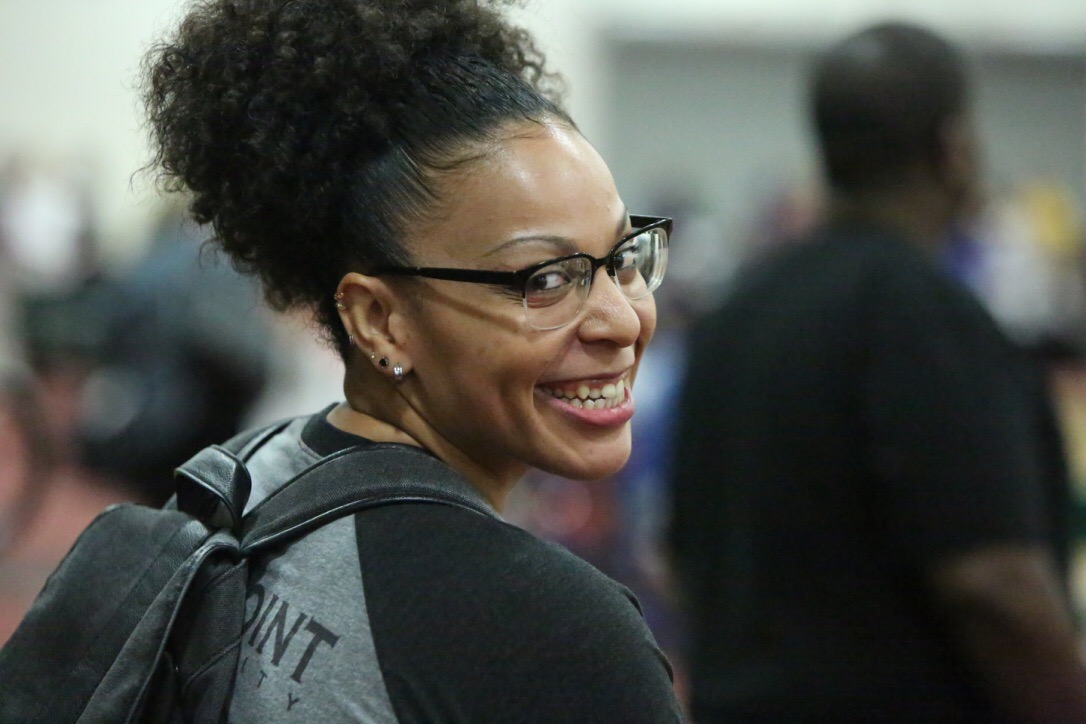Coaching with pride: why passive leadership doesn't work in 2025
- hendrixtoycoaching

- Jun 3, 2025
- 2 min read
What was once silenced is now celebrated. But for many coaches, Pride still feels complicated—especially in locker rooms, on sidelines, and behind office doors.
For some, showing up fully is a triumph. For others, it still feels like a risk.
That’s why “coaching with Pride” isn’t about posting a flag in June. It’s about leadership that’s intentional, emotionally intelligent, and visible. In 2025, neutrality is no longer enough.
Let’s start with the staff…
Your Boomer—or even “Silent Generation”—colleagues grew up in a time when simply existing openly could cost them everything. Some of your Gen X coworkers may still be wrestling with their own silence, shaped by the era of “Don’t Ask, Don’t Tell.” They might feel too seasoned to unpack what’s buried, but too conflicted to keep carrying it.
Your Millennial coaches might be out—but they’re tired. They fought for representation, earned hard-won seats at the table, and often serve as the “go-to” for all things inclusion. Visibility is both power and pressure, especially when you’re expected to perform and educate.
And Gen Z? They’ve only ever known inclusion. They were raised with language for gender fluidity, open expression, and queer icons in pop culture. They expect a baseline of belonging. To them, silence isn’t neutral—it’s toxic.
So…what now?
Coaching with Pride means building the kind of inclusive culture you may have never experienced yourself. It means unlearning silence, asking better questions, and making room.
Here’s what that can look like:
Normalize conversations around identity—without forcing disclosure.
Make space for what people want to share, not what you expect to hear.
Audit your systems and spaces.
Are your facilities, team language, and policies LGBTQIA+ inclusive? If not—fix it.
Offer support beyond performance.
That includes mental health resources, partnerships with LGBTQ+ centers, and showing up to events beyond athletics.
Respect the range.
Some are loud and proud. Others are still processing. Inclusion honors both.
Keep learning.
Take the pressure off getting it perfect. Stay curious. Read. Listen. Invite in perspectives that stretch your thinking.
Inclusion isn’t performative. It’s embedded in how you lead year-round: who you hire, what you say, what you tolerate, and what you celebrate.
You can’t lead a brave team with passive leadership in 2025.
And honestly, you shouldn’t want to.
If your players are bold enough to be themselves, your leadership must be bold enough to make room for that. Isn’t that what we’re all striving for anyway? To be whole?
Build a culture that wins, evolves, and heals.
Create your legacy that way.








Comments